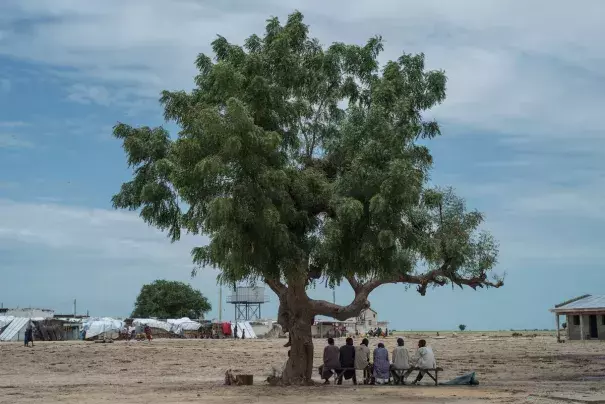West African Heat In February Was Hotter Because Of Climate Change

The extreme February heat wave across West Africa was 7.2°F (4°C) hotter, and an order of magnitude more likely, than it would have been without global climate change, a new analysis from World Weather Attribution finds. Worldwide, February 2024 was the hottest February on record. The WWA analysis found the heatwave would have been a less-than once-in-a-century event if not for the influence of global warming, mainly caused by the extraction and combustion of fossil fuels. Farmers in the region say the extreme heat exacerbated damage to their trees from heavy rainfall in December, contributing to cocoa supply shortages and price increases. The worst heat occurred from February 11 to 15 with daily highs topping 104°F (40°C) and heat indices hitting 122°F (50°C) due to high humidity.
(The Guardian, New York Times $, Bloomberg $)
(Climate Signals background: Extreme heat and heatwaves)
To receive climate stories like this in your inbox daily click here to sign up for the Hot News Newsletter from Climate Nexus:


